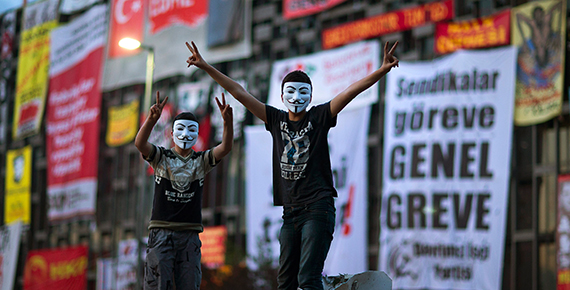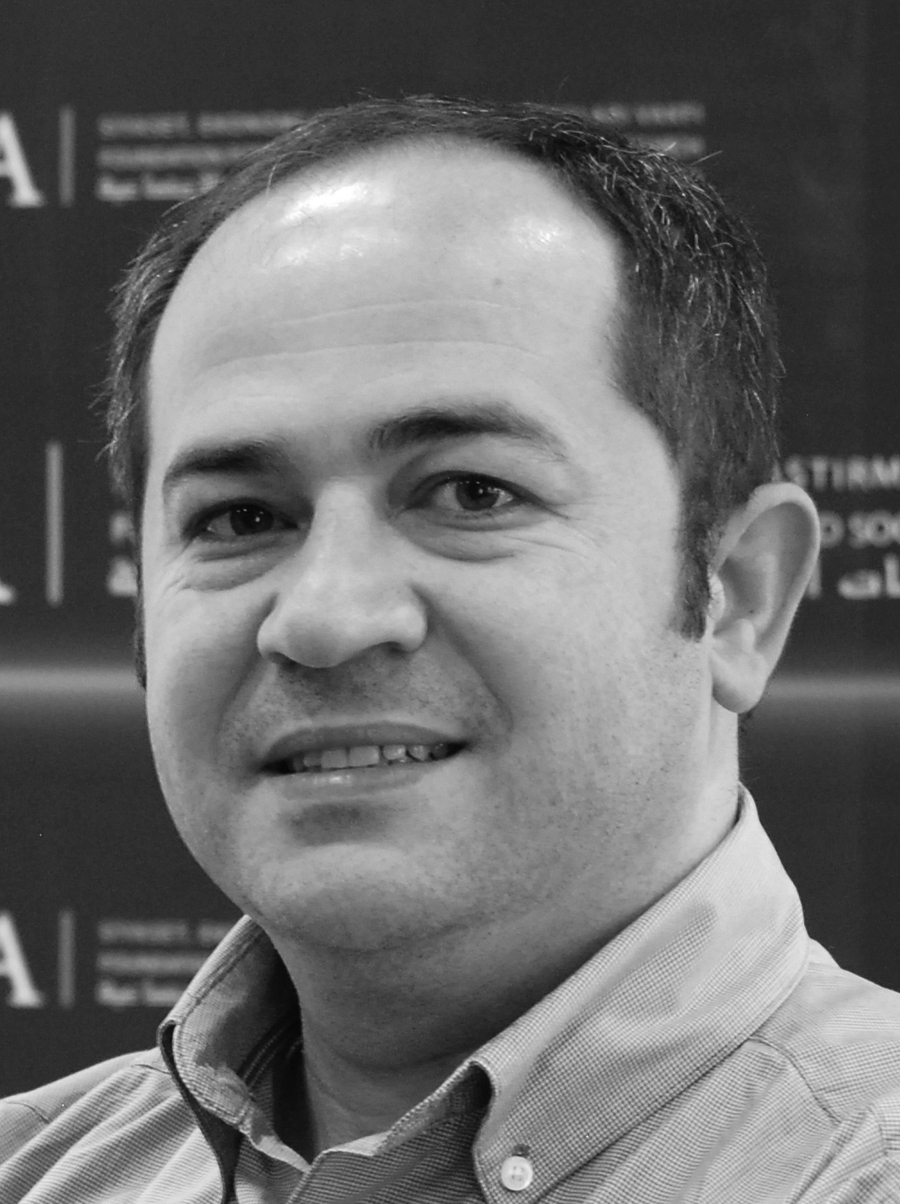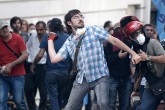Turkey has been facing an array of unprecedented protests for more than a week. This is the first time for Turkey; thus the country is having difficulty in identifying them. The protests that centered on Taksim Gezi Park, in a short period of time, evolved into nationwide outcries owing to the police brutality and the misdiagnose by the government. The initial motive of the protesters was to raise the environmental awareness. However, those seeking participatory democracy and those who are against democratization; those who were eager to have the ruling party hear their voices and those who desire to overthrow the ruling party; or in other words, people who have different and incompatible goals and opinions have joined the protests in a short period of time.
THE MESSAGE AND THE EFFECT OF THE PROTESTS
The protests were effective in that they did not belong to one particular group, party or ideology. The protests were not limited to one unique concept, emotion or message. Conscience overrode reasoning, emotions overrode reason. Turkey has never witnessed this before. Therefore, these protests are considered as the most vulnerable development that the ruling Justice and Development Party (AK Party) has ever faced. The strong attitude of the government at the beginning represented the fragility of the situation and the difficulty to understand it.
However, those who possess stronger political terminology, those who are strictly against the AK Party and those who stand stronger against the police outnumbered others in the protests as days passed by. The outcries did not remain limited to Gezi Park or Taksim and spread to other cities, streets and houses in the country; thus losing their originality. The protest(er)s began to lose their supra-political power and were considered among the political fault lines .
In brief, the identity and the mission of the protesters have started to change since Monday as they began to lose their initial constructive role and unpredictable effect. Traditional fault lines of the Turkish politics reemerged during this period. If the protests end today, they will probably contribute to the democratization. But if they continue, they will lose their effect and contribute to the political polarization. I believe that the protesters do not want this to happen, either.
UNDERSTANDING THE PROTEST(ER)S
As explained above, the protesters do not gather around one single identity, message or aim. As days passed by, these identities, messages and aims began to become more incompatible. As a result, any analysis on the protests should take into consideration the heterogeneity of the protests. Today, the protests are analyzed within the scope of political psychology. This point of view argues that protestors do not belong to any political party or movement and they voice their democratic demands against Prime minister’s authoritarian language imposing his conservative life style.
Nevertheless, this analysis fails to define the layered structure of the protesters. This explanation, first of all, considers the protesters as a homogenous group and only focuses on those who are at Gezi Park and the youth who are out on the street since first week of the demonstrations. Furthermore, this analysis even ignores the difference between these two groups.
Second of all, it ignores how protests evolved and does not pay attention to the fact that initial phase of the protests evolved into a reaction against the AK Party. The analysis also ignores that the protesters are calling on the Prime Minister to resign while they initially demanded to be heard by the government and the Prime Minister.
Third of all, and the most importantly, this analysis —which explains the protests from psychological perspective through dwelling on issues such as conscience and dignity—ignores sociological and political dynamics. It also ignores that people will not pour into streets without sociological and political reasons just because of the stro


